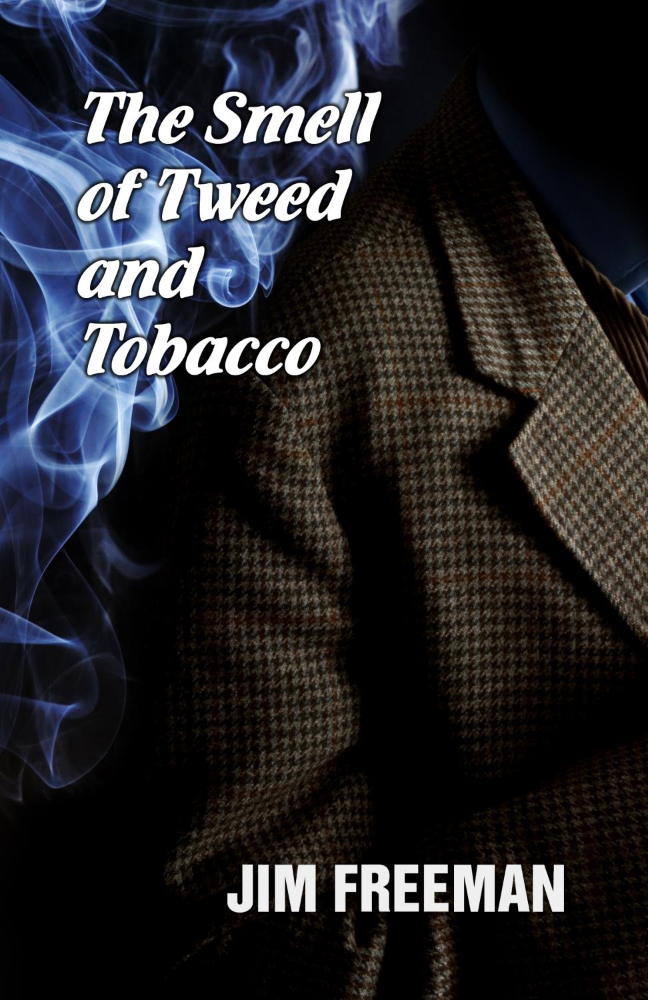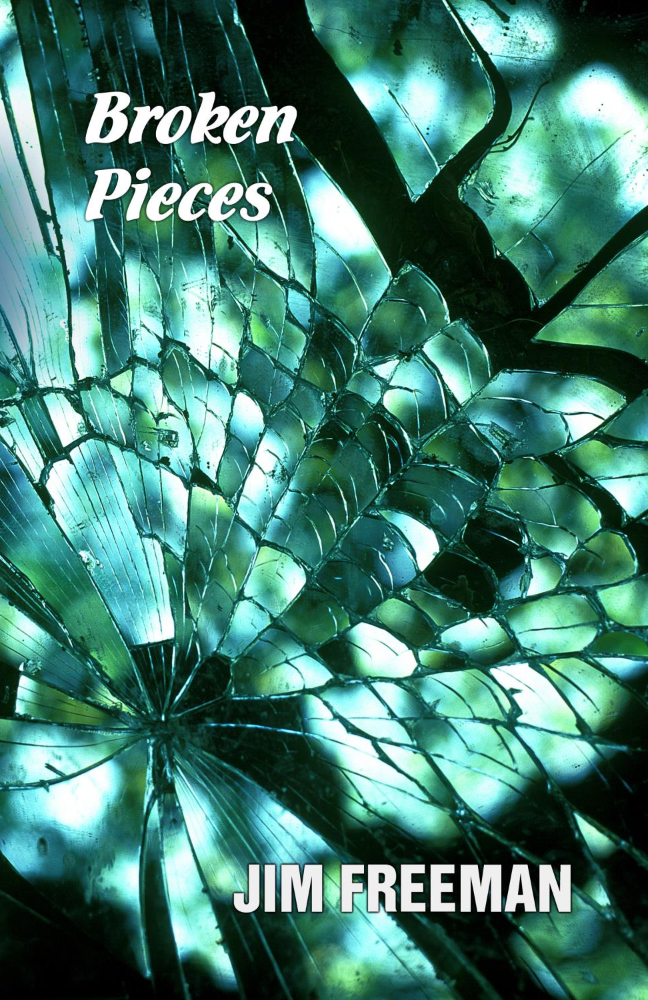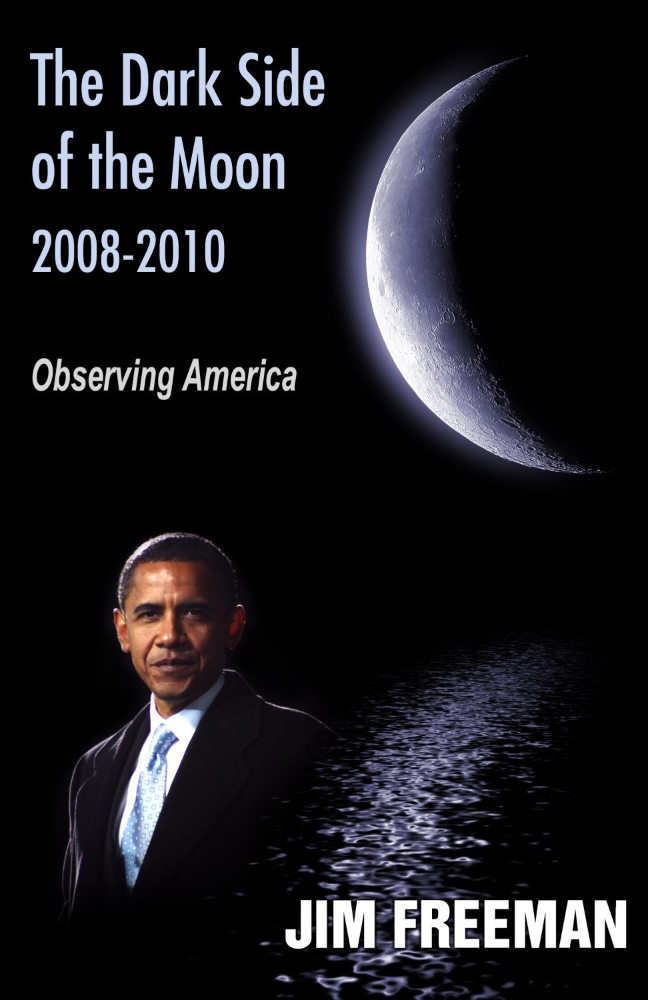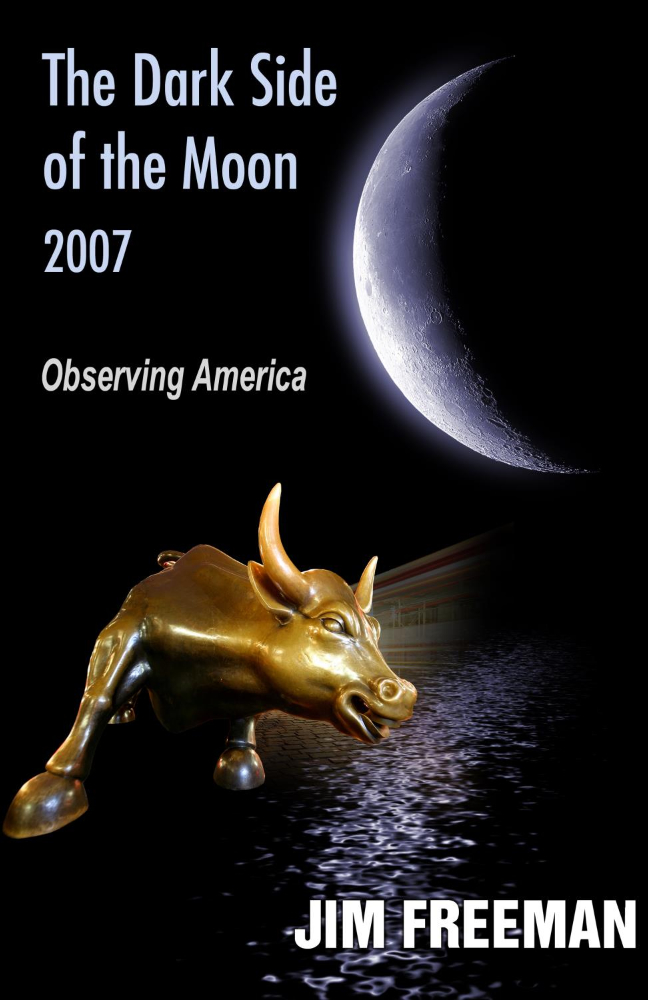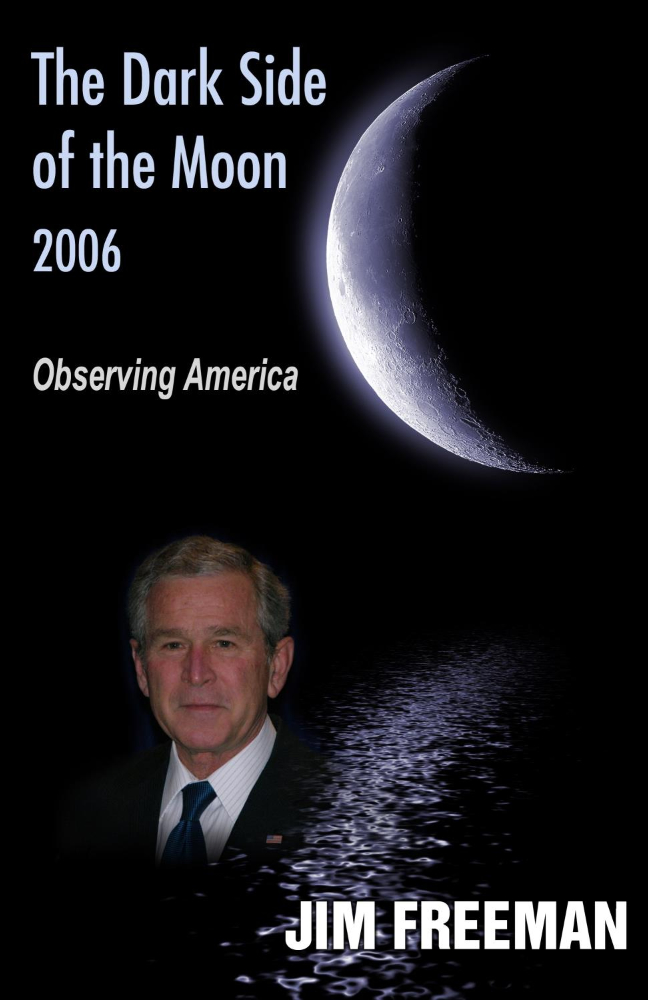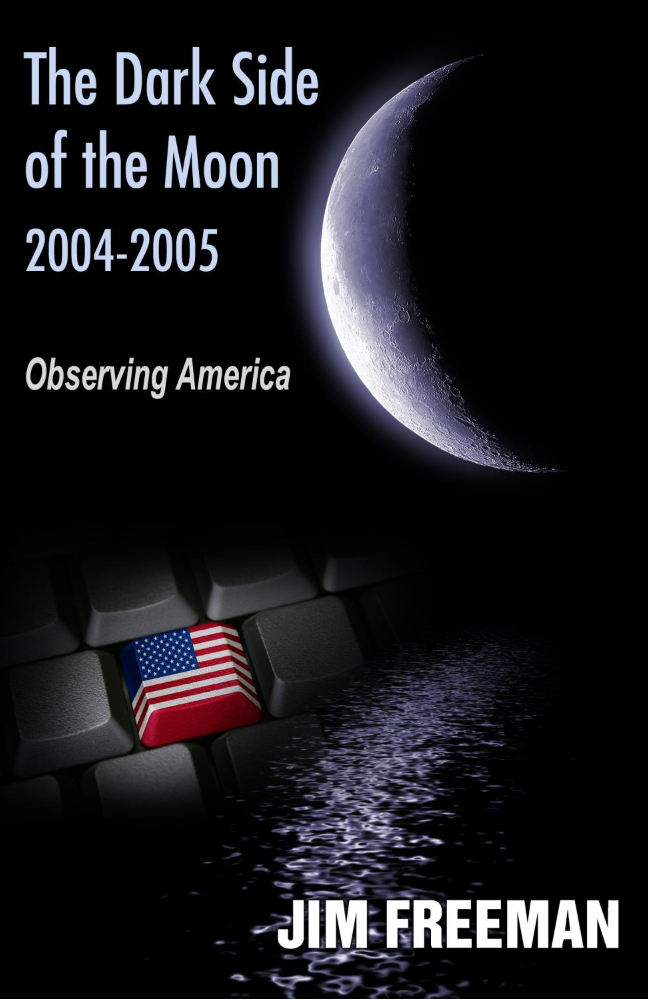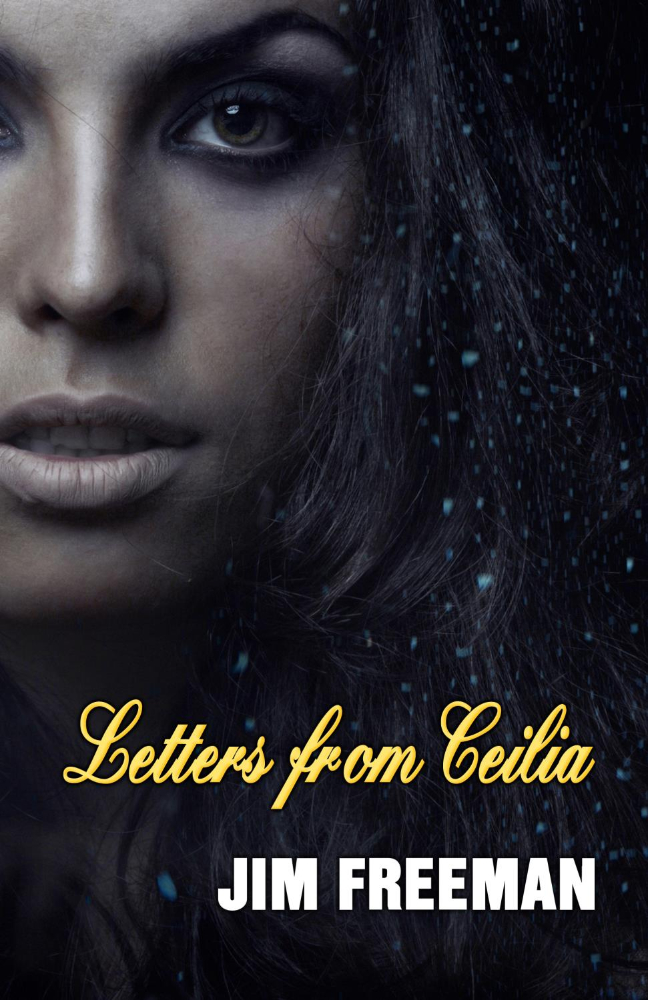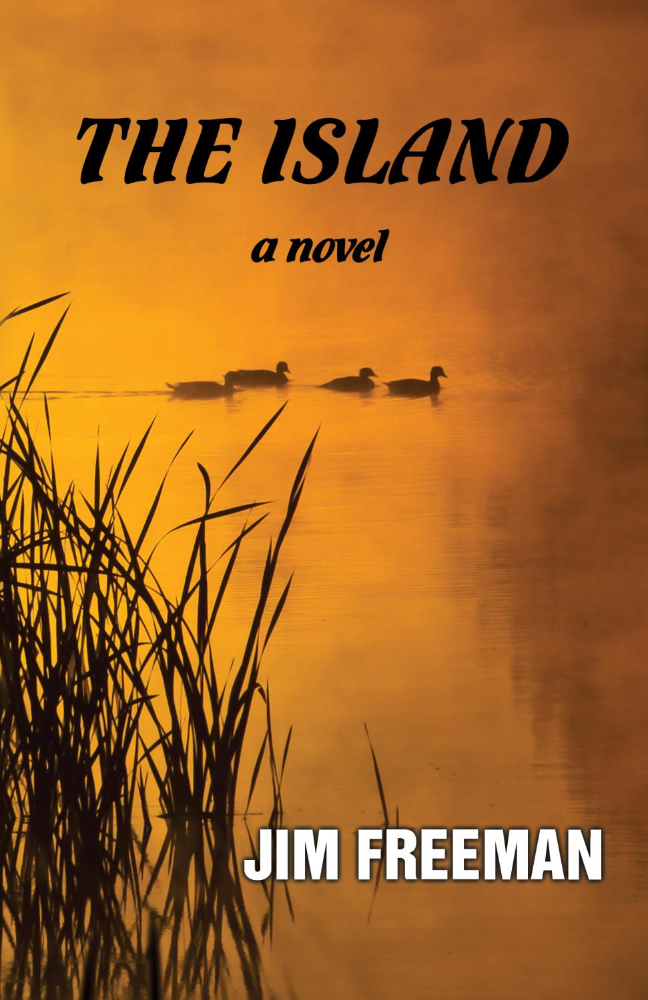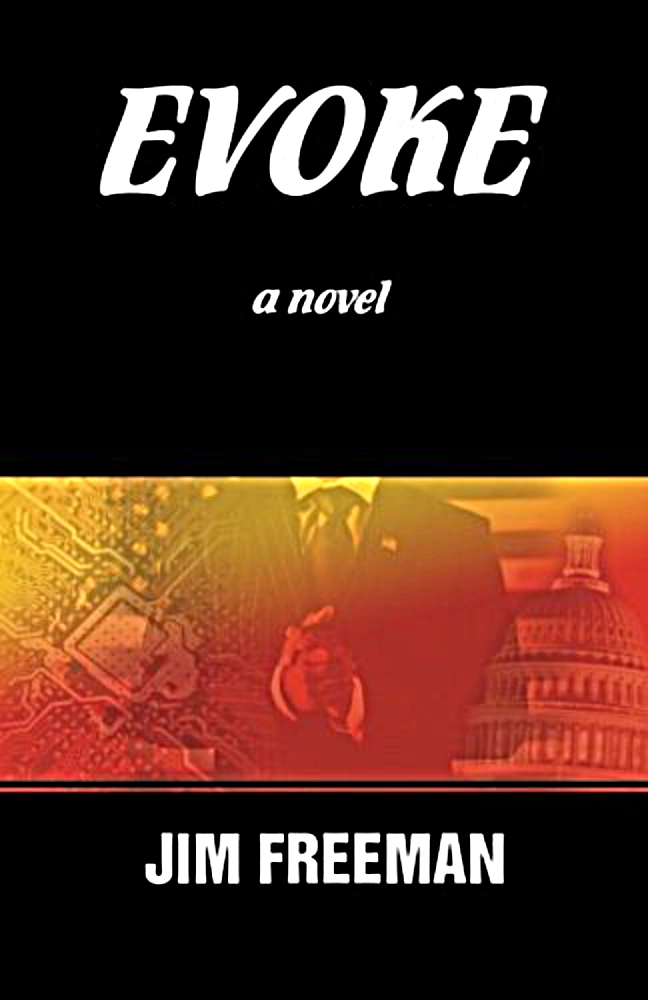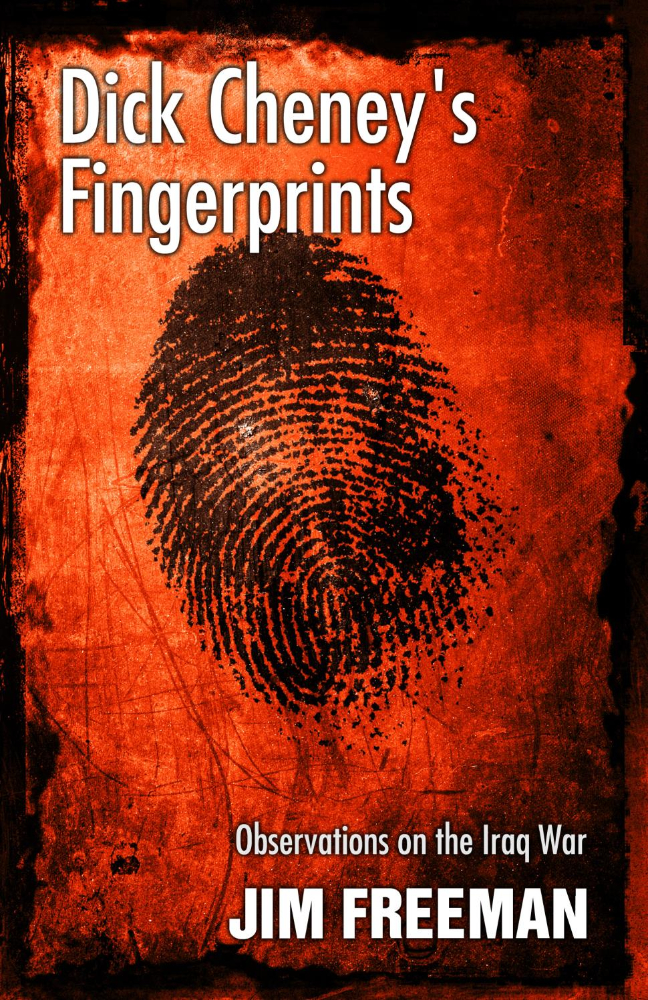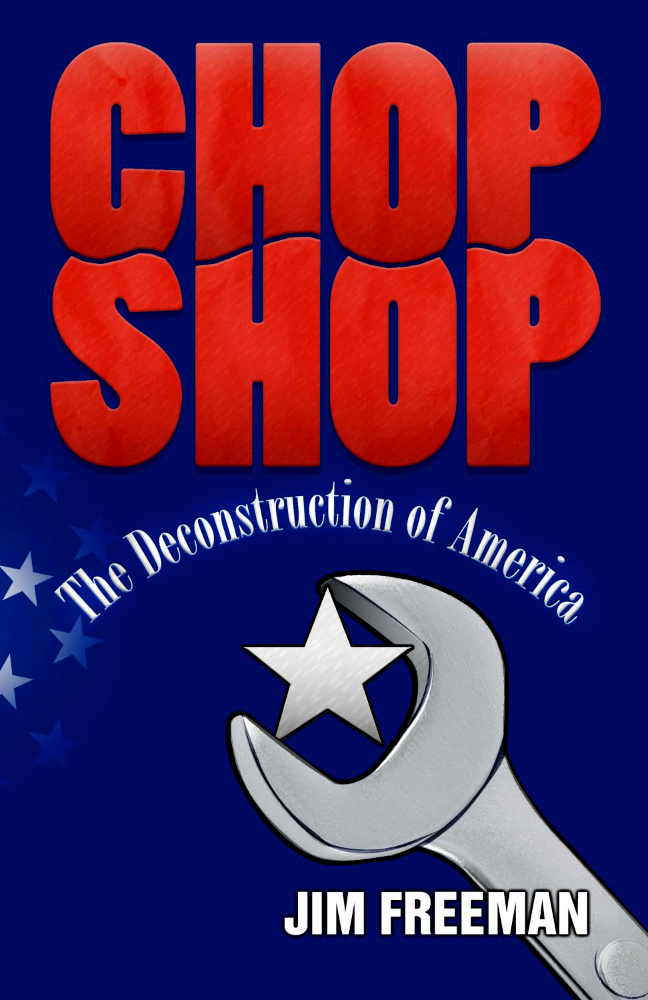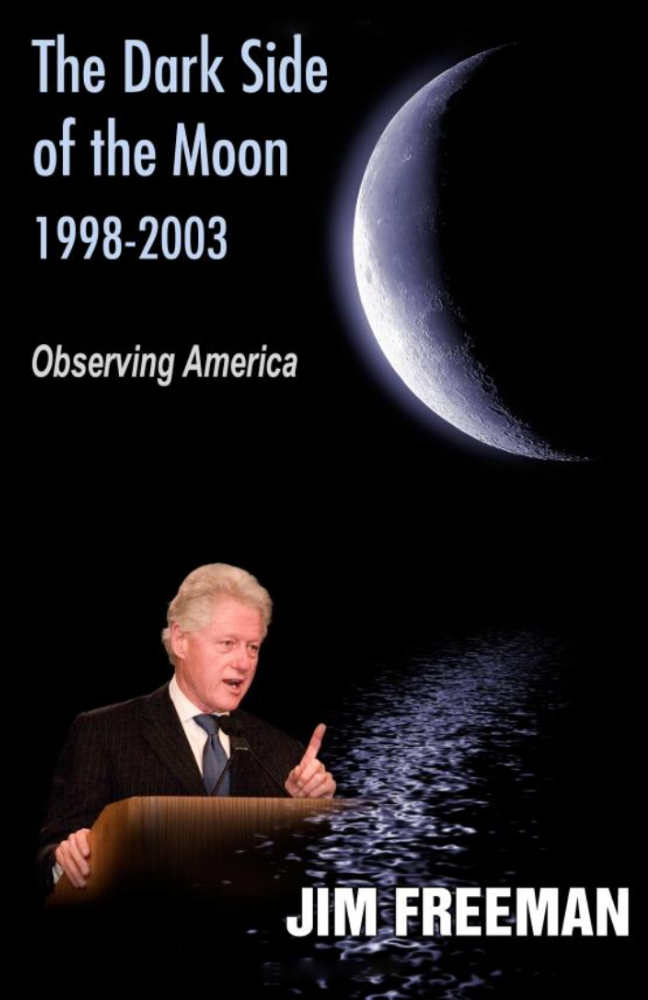Ah, the much sought-after initial public offering, where all those who sweat out the labored birth of a great idea get rich. Party time. Pop the champaign corks and settle into the life of a millionaire and sometimes billionaire.
And then the fun begins, keeping all those newfound shareholders happy
Time was, when the business of business had to do with great products, competitive pricing, quick response to customer service and honoring the client you actually have above all others. But now you have a ‘client’ that’s a very thirsty dog, rarely satisfied, and his method of communication is your stock price. Congratulations.
Those old-timey goals are mostly out the window, replaced by the never-ending tapping on keyboards. Your stock price would rise if you trimmed research and development a bit—a short-term win and long-term loss, as R&D is what made you a great company in the first place.
And now that your employees have cashed in from the IPO, do you really need that profit-sharing plan? Investors think profits are better distributed among themselves, rather than drained off to worker-bees, yourself included. After all, it’s your stock that’s rising. Same goes with the costs of in-house customer service. It’s far more profitable to run it from India or turn it over to a consumer-based Q&A system that has no employees at all. Amazon doesn’t answer the phone, nor does Google and they seem to be doing just fine.
So, it’s not exactly death by a thousand cuts, but it’s close
Personally, I’m a tried-and-true IKEA customer. I like the quality, there’s always someone on hand to answer my question or point me in the right direction and they do it with a sincere interest in helping. Perhaps most tellingly, the interaction between IKEA employees is friendly. They seem to like each other and enjoy their jobs.
But then, IKEA remains family owned and there are no investors setting rules. Still, something must be going right, because they’re the largest flat-pack furniture distributor in the world. Almost as important, the meatballs are excellent and have remained so for decades.
Compare that with Wal-Mart, once family owned, now a public stock
Sam Walton was a great man, one with a clear vision, two hunting dogs in the back of his pickup and a wave to all his neighbors in Bentonville, Arkansas. But “We wanted to expand, and we realized we weren’t generating enough profits both to expand and to pay off our debts … Bud and I agreed to seriously explore the possibilities of going public. It was a huge step for us.”
Walmart became the largest retailer in the world by holding down prices and wages. Sam’s five children are wealthy beyond all their dreams, but at a cost of hollowing out small downtown retailers across America. When small town retail dies, family restaurants, barber shops, jewelry stores and corner druggists die with it. The demands of public investors don’t bother much with boarded up downtowns and family-flight to the cities.
Unintended consequences changed America
Sam and Bud Walton didn’t start out to trade a pickup-truck and good friends for unparalleled wealth, it was just lying in wait at the end of their story. Eisenhower’s interstate highway system didn’t mean to sidetrack America’s small towns either, but now they all lie three miles behind the turnoff, where fast-food feeds the hungry and no one drives downtown anymore.
So, you take your chances and spin the wheel. Red wins and black goes bankrupt
One is not necessarily any better than the other, in the same way that wealth doesn’t always provide much more happiness than a simple, stable income.
But there are choices. There are always choices, and they usually come from the top down. One choice is to go public, feed the beast of investors and have decisions taken from your hands. Another is to hang on to ownership, in order to honor your customers and build the kind of company you would love to work for yourself. After all, it was you who built it.
I am biased but, it’s not my choice. Just sayin,’ that the choices often have unintended consequences.

